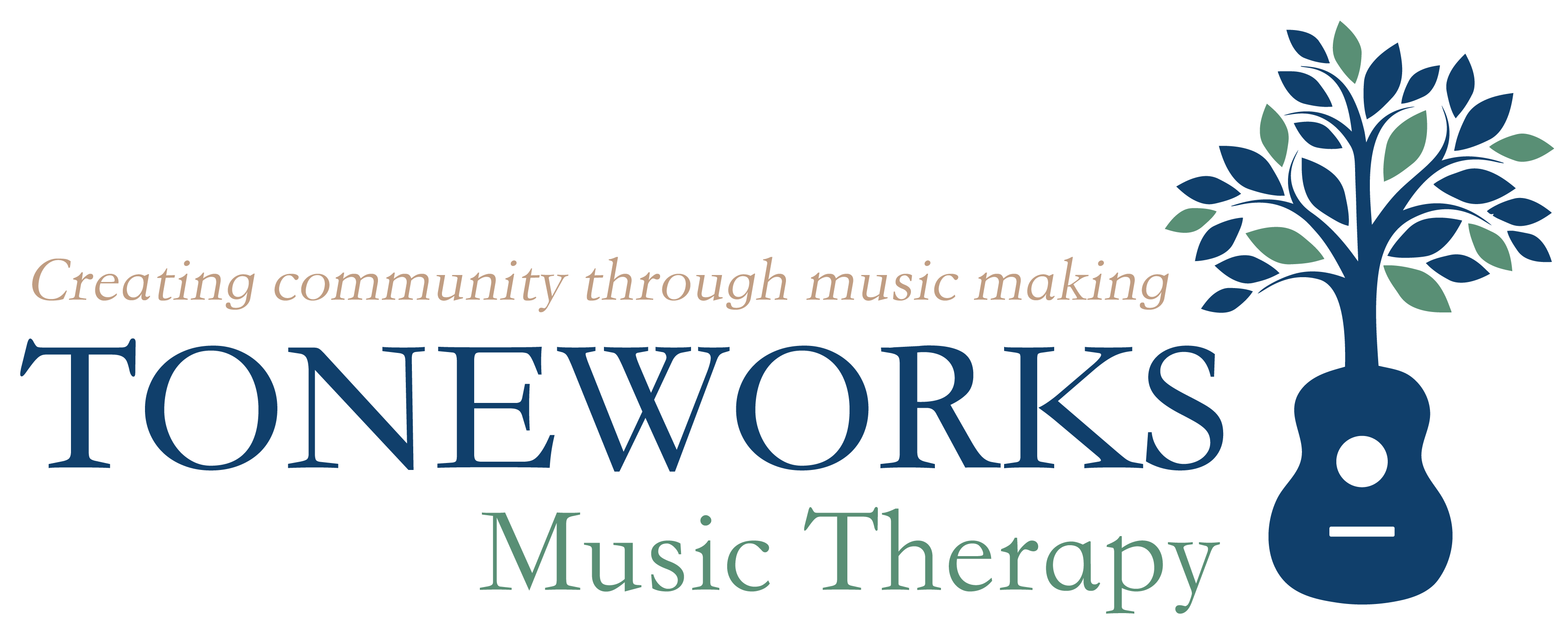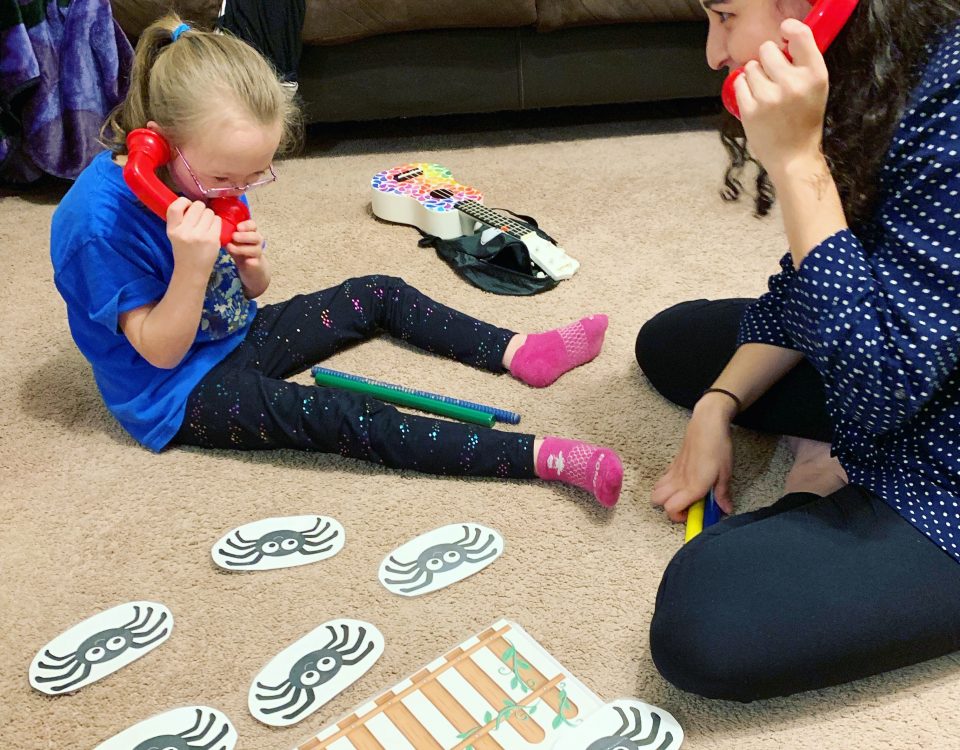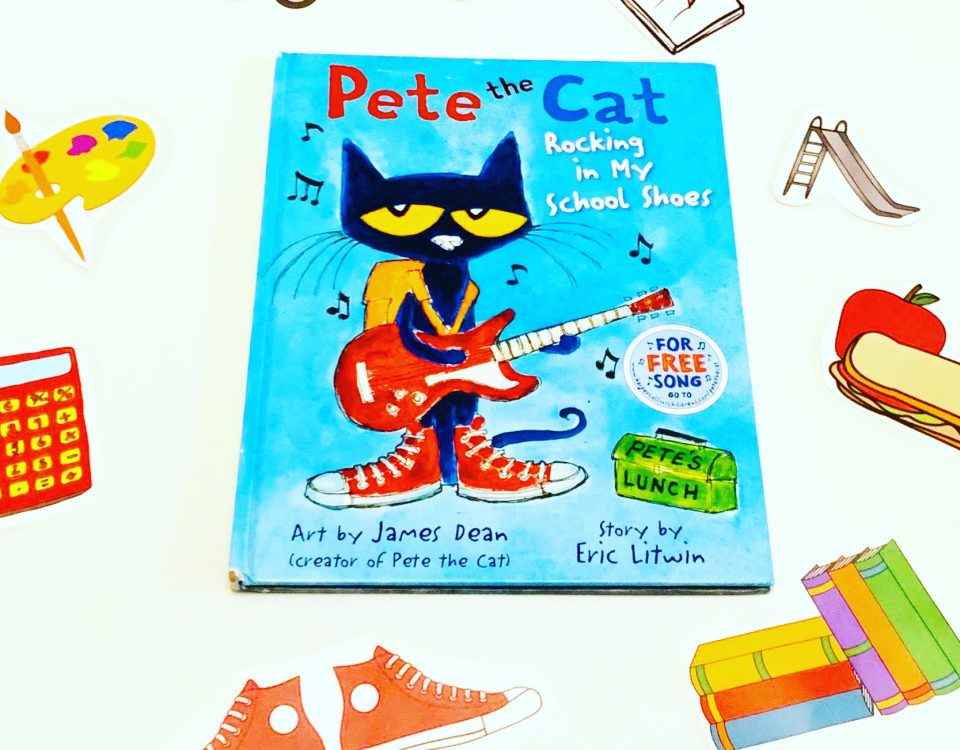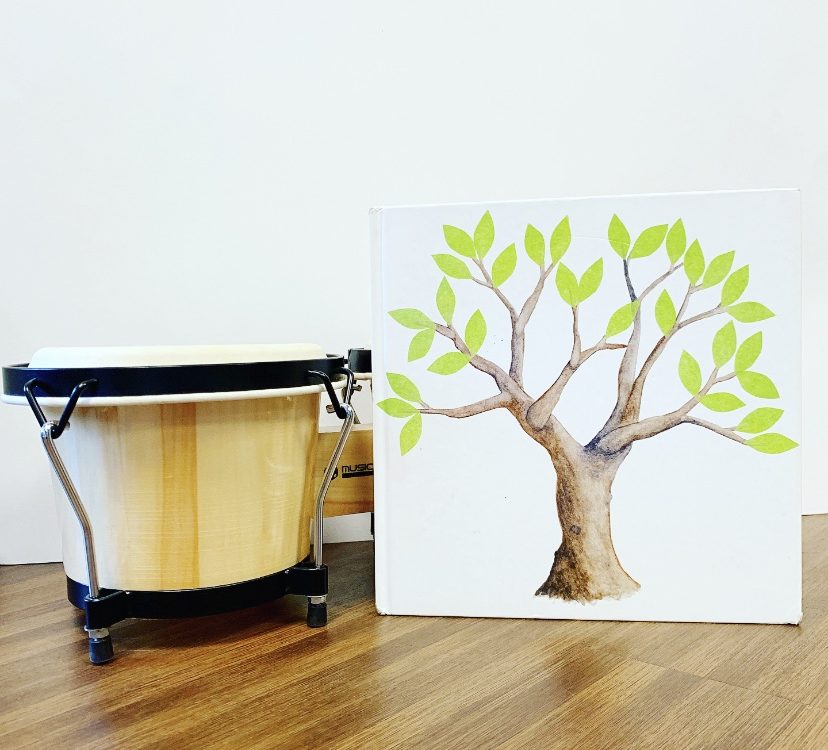Friday Favorites: {Free Singable Little Books}
Bonus: {Hey Guess What? It’s Valentine’s Day!}
Friday Favorites: {The Animal Boogie!}
As I was teaching a violin lesson yesterday, I said to my student, “learning to read music is just like learning to read words…”. This statement reminded me of the little books that are today’s Friday Favorite. I love to use singable little books with children, siblings, and families. Little books can be part of your sessions even for children as young as 1.5-2 yrs of age. I would not suggest using little books for a group of 10 toddlers, but in sibling or family sessions, little books work just fine.
What the child will get out of using a little book in a music therapy session will be different by age group, of course. It is important to make your goal appropriate for your client’s development. Here are some of the goals that you can address with Little Books:
Big vs. Little Letters – learning the rule that at the beginning of every page, there is a big letter. Later, you can work on Big letters at the beginning of sentences and as proper nouns.
Expressive Letter Identification – Ask children “What letter is this?” as a sung prompt
Receptive Letter Identification – Sing “Where is the letter __?”
Follow the Reader – Show children where you are singing by moving your pointer finger along and encourage them to do the same in their little book. Between this and turning pages, you are teaching pre-reading skills of moving front to back, left to right, and top to bottom in the books.
Cooperation – Siblings or small groups can work on turn taking and working together by allowing friends to identify letters in turns or share what they like about each page
Recall & Sequencing – After you read the book, talk or draw what you saw in the book and the order that these pictures or events occurred. This can be in the form of picture cue cards you plan ahead of time and a velcro board or student drawings on paper or a white board.
I didn’t come up with these ideas on my own, but had the privilege of helping lead piano groups last year during my internship where little books were part of the curriculum (Supervisor: Sarah Woolever, MA, NMT, MT-BC; The Family Partnership).
Here is a link to the Nellie Edge site that offers free printable singable books.
A brief snapshot of research from the American Music Therapy Association that supports the link between literacy and music therapy. There are many more studies out there in the speech/language and education fields that aren’t in the scope of this blog post as well. If you’re a student and your university has access to online journals, just search for “Literacy + Music” and you’ll see for yourself!
Happy singing and reading!




